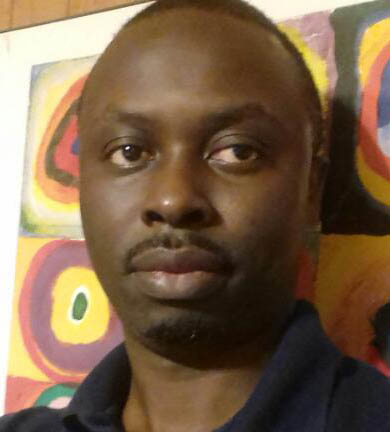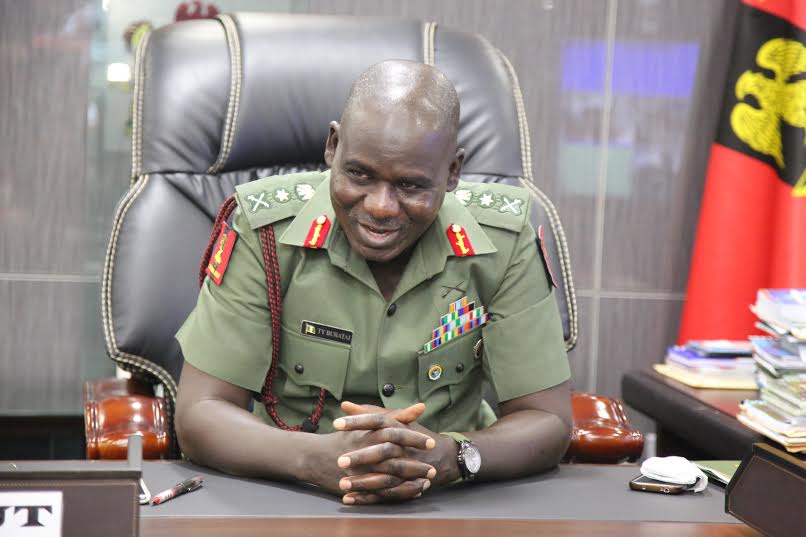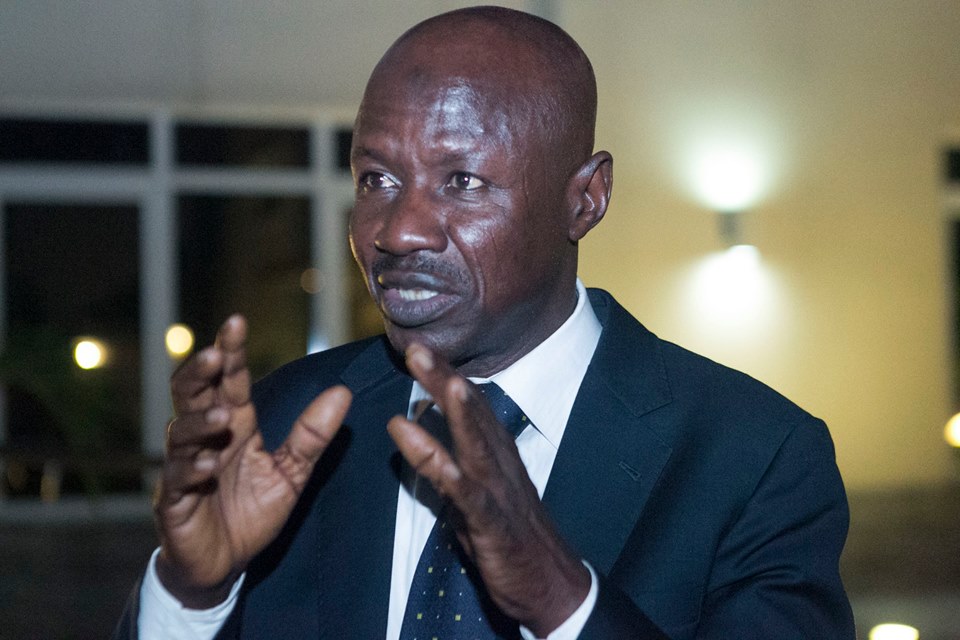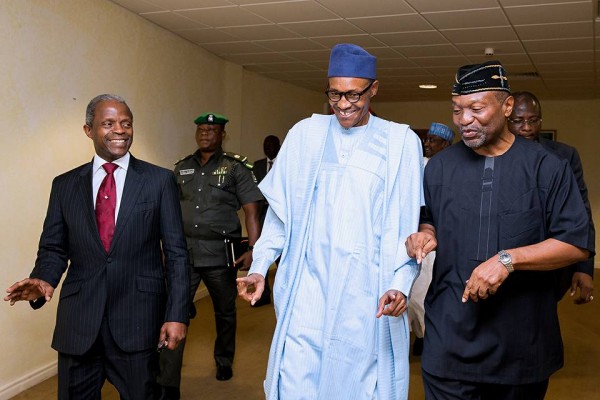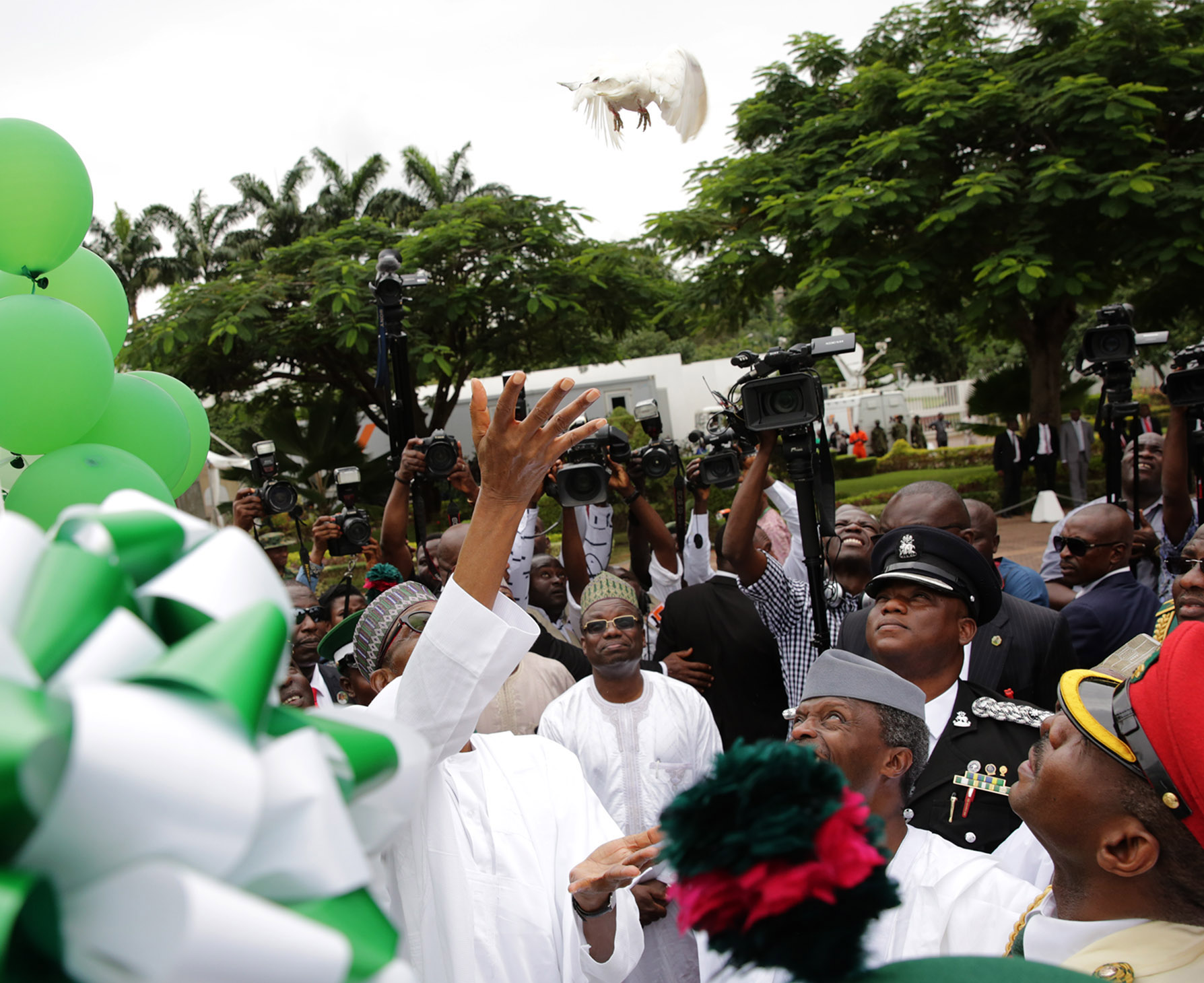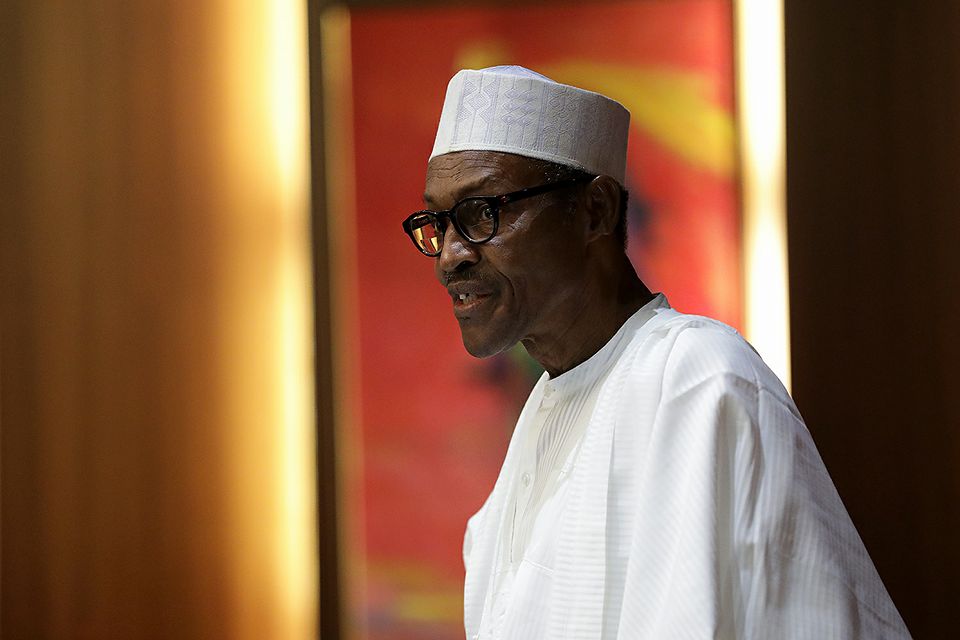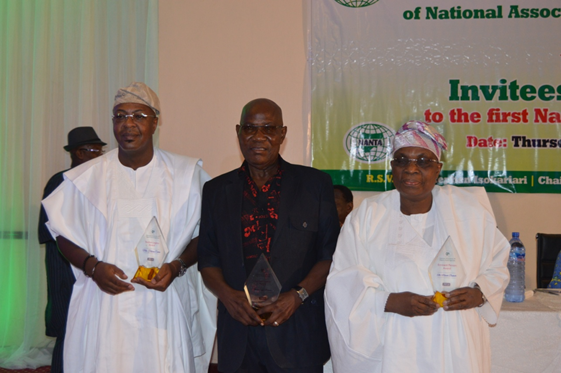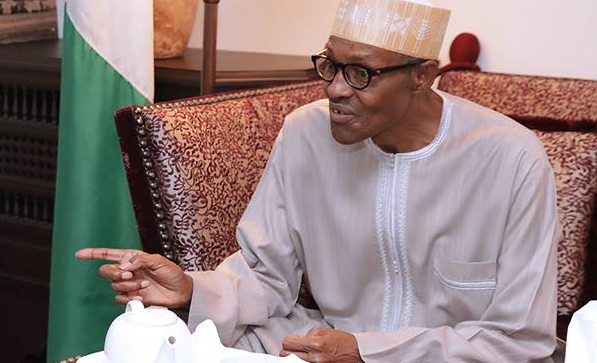I know war strategies are close-to-chest cards for generals. No general likes to reveal his next moves against an enemy.
It will be strategic folly to do so and I’m honest enough to admit that.
But the Chief of Army Staff, Lt. Gen. Tukur Buratai, will be making a wrong choice in withdrawing troops from the Northeast in 2017.
Operationally, the Boko Haram insurgency has weakened in that part of Nigeria and that might give a sense of accomplishment to Buratai.
Advertisement
This sense of accomplishment is at best false, if Buratai will consider the recent comeback of Boko Haram insurgents in places like Borno and Adamawa that shocked everyone.
Interestingly, days before Buratai hinted at troops’ withdrawal by 2017, twin blasts, believed to have been coordinated by the Boko Haram militants reportedly killed 56 persons and injured 77 in a market in Madagali, Adamawa State.
Another suicide attack happened in Maiduguri, Borno State that claimed three lives and injured 17 persons at the same time he was considering moving the troops out.
Advertisement
A national newspaper quoted Buratai saying: “Going by my first message in December, we must work to get out of this place. We must work to get out of this operation very quickly. We must defeat the Boko Haram. I was in one of the barracks and I have assured the families of our troops that many of you will go back in 2017.”
Clearly, the exit strategy of Buratai is not known, and that makes me feel he has found himself in the middle. Did I hear let’s “get out very quickly”?
I’m not sure Buratai has considered his options very well before this proposition.
But the political calculation for 2019 elections, of which the promise to defeat Boko Haram by the ruling party will be a central item on the checklist may be one of many reasons Buratai gave a hint at rushing to withdraw troops from the Northeast.
Advertisement
I can read Buratai’s mind in another way: leaving the troops in the Northeast beyond 2017 may be misconstrued for failure to defeat Boko Haram.
Yes, Buhari will face mountain of questions, if he decides to contest in 2019, and Boko Haram continues to make headlines.
Buratai may be concerned about his own reputation as well and of course his job may be on the line.
Subtly, Vice President Atiku Abubakar, whom I think may seriously be working to try his luck at presidency for the last time in 2019, has said he has the magic to defeat Boko Haram.
Advertisement
Though Atiku’s magic should have been given to those currently working to keep insurgency out of our lives, but he has chosen to keep it to himself.
And despite Atiku’s clever move not to appear to be firing ballistic missile at his partyman in Aso Rock by making reference to the time the insurgency first began, it was clear in his subsequent statement that Atiku clearly drew a comparison between himself and President Muhammadu Buhari.
Advertisement
When he clocked 70 last month, Atiku said: “Such an ugly incident requires a steadfast leadership that is decisive in its deeds in dealing with it. For Boko Haram insurgents to have overran seven of the 21 local governments of Adamawa State beats my imagination, and the efforts I put in place that prevented Boko Haram from capturing the entire state is left between me and my Creator.”
Steadfast leadership as Atiku pointed out will be critical to how insurgency in the Northeast ends without creating Mosul out of the Northeast.
Advertisement
The war against insurgents so far has been effective and largely successful, but we must be cautiously optimistic. The thought of moving the troops out by 2017 may leave us with a Mosul experience.
Mosul, Iraq’s second largest city best known for its multiculturalism is now a theater of war as it turned ISIS breeding ground and stronghold, following US exit from Iraq in 2011.
Advertisement
If there is one thing America’s President Barack Obama is not happy about in its international efforts to stop terrorism, it is how Mosul became a breeding ground for Islamic State, after the defeat of Al-Qaida in Iraq and the killing of its leader, Osama Bin Laden.
In 2008, President George Bush had signed an agreement with Iraqi government to withdraw American troops by 2011.
And because such agreement couldn’t be undone by Obama, though he tried to get some compromise with the then-Iraqi Prime Minister, Nouri al-Maliki, which didn’t work out, Obama was certainly going to withdraw the troops at a cost.
He kept the timeline that was agreed to by Bush and Al-Maliki.
It is debatable, but the withdrawal of American troops from Iraq without new plan negotiated left a big void that helped nurtured ISIS and made it a new terror front after Al-Qaida Islamic terrorist group had been decimated by the American troops.
Once America was out of Iraq, the Iraqi soldiers as well vanished from the streets. Residents were happy to see checkpoints go away and traffic situation improved, but the Islamic State fighters took the advantage to launch.
And since the sources of instability in Iraq were fundamentally political, it was natural that with America’s exit the different groups (largely Sunnis and Shiites) would return to trenches.
In our own case, withdrawal of troops too early from the Northeast may allow residual militant attacks to snowball into a large operation. The potential for politicians to sponsor militant groups as we approach 2019 is something we cannot overlook as we have seen in our past life.
The two significant issues that birthed Boko Haram militancy have not been addressed also.
Education and Poverty have been central to how the group formed in the first place. Till today, the north is still backward in education. It is depressing the level of educational inequality, even within the Northern region.
There’s low level of enrollment in primary, secondary and post education levels. The incentives and motivation are not there, so there is somewhat general relative lack of interest in education in the north.
Sadly, there is also low level of investment in education by the state governments in the north.
The distance to the nearest school to a house in many part of the north makes it a challenge for kids to desire schooling.
Most parents do not send their children, especially girls, to school and prefer to send them to Qur’anic schools rather than formal schools according to several independent reports.
Surely, UNICEF was on point when it said “even when children enroll in schools, many do not complete the primary cycle. According to current data, 30% of pupils drop out of primary school and only 54% transit to Junior Secondary Schools. Reasons for this low completion rate include child labour, economic hardship and early marriage for girls.”
Poverty index for the north is rising at a rate that is incomprehensible, but I don’t want to quote statistics to spare us the agony of interpretation and the anger that may create.
Let’s just see it from a layman’s interpretation of statistics given by the Borno State Governor and Chairman, Northern State Governors Forum, Kashim Shettima, “In Nigeria, poverty wears a northern cap,” he said. “If you are looking for a poor man, get somebody wearing a northern cap.”
So we cannot withdraw the troops with the issues that birthed Boko Haram still in our lives. If we do, the people in the Northeast like in Mosul may find their champion in the militants once more, just like in Mosul.
I would rather task Buratai with a model that helps stabilize the region by using soldiers for rebuilding of infrastructure, as teachers in schools and guardian of towns and communities.
And this, can we ignore the distinct voice of Adamu Kamale, the lawmaker from Adamawa State who said we must not listen to “fables” that all communities hitherto occupied by Boko Haram insurgents had been liberated? Definitely we cannot.
Follow me on twitter:@adeolaakinremi1
Views expressed by contributors are strictly personal and not of TheCable.
Add a comment
